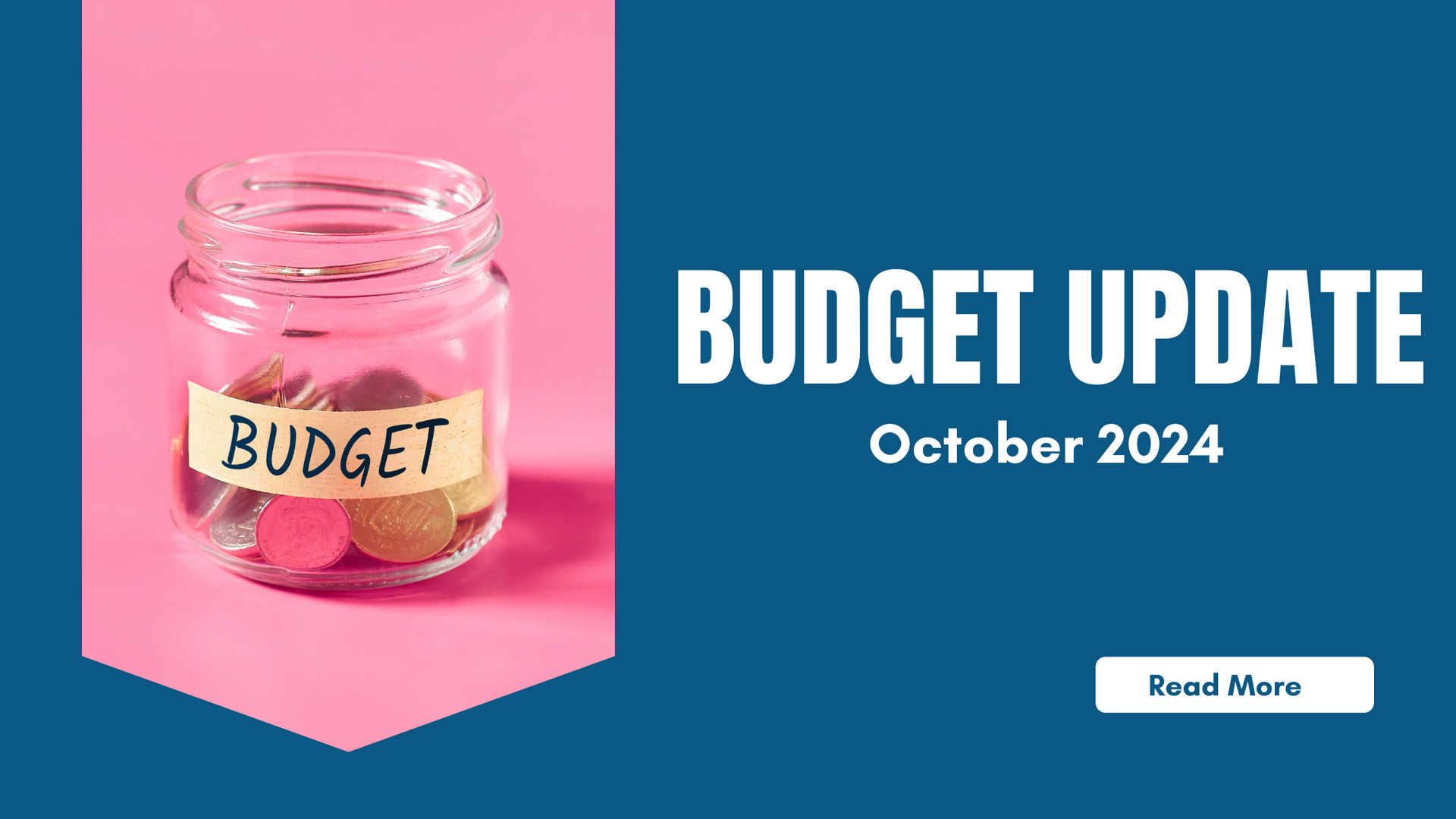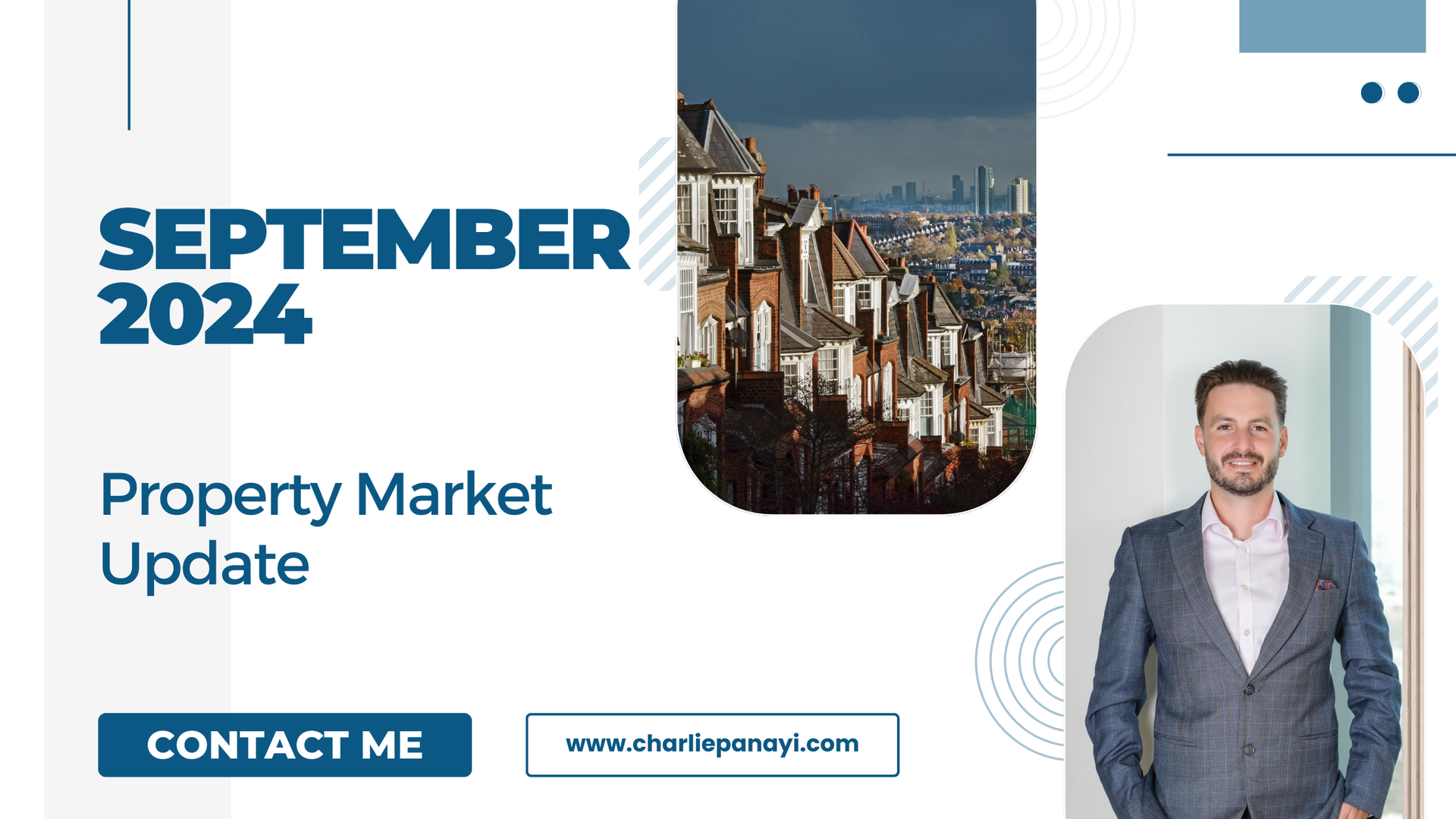Often, I am asked how to look after my money better, normally in the case of buying a property, however these tips help in everyday life. Saving and budgeting can seem daunting at first but having a fixed goal that you can focus on will actually be a source of calm once you see it working. It helps visualise an exciting future for whatever your goal may be – buying your first home, starting a family, buying that new car or simply not living pay cheque to pay cheque!
So, here’s my 15 top tips on saving money fast and not dreading looking at your bank balance!
1. Understand your finances
The most important part, people often are scared to understand their finances. Rather than look they bury their head in the sand and hope things improve… guess what… that never works. Budgeting is super important!
Before you can start saving money, you need to come to grips with your cash flow. This means understanding all your incoming and outgoing streams, including any debt repayments, monthly bills, day-to-day costs and savings contributions.
Here’s how to budget:
- Keep track of all of your finances over a 30-day period. This includes all your income and expenditures.
- Compare your monthly income to your monthly expenditures to assess how much you’re currently managing to save, or how much you’re overspending each month.
- Separate your expenditures into fixed and variable costs. Your fixed costs are expenses that are typically difficult to adjust, such as your mortgage/rent, utility bills. Your variable costs include more readily-adjustable costs such as food/supermarket, entertainment (wifi/sky) and subscription services.
- Identify any variable costs that you can start cutting back on to increase how much you can put towards your savings goals each month. For example, do you need sky, Netflix, the newest phone contract, amazon prime and that monthly beer/wine subscription?
- Assess your progress regularly month-to-month and adjust if necessary. If this seems a little overwhelming, there are plenty of budgeting apps that make this simpler for you
2. Have you got any debts – if so get out of it
Before you start saving, you’ll likely want to pay off any outstanding balances on your existing debts. Such as credit cards and loans (I do not mean mortgages, this is a whole other area where it’s important to leverage to build portfolios). The first part of your plan is what excess money do you have month-to-month to help clear this as soon as possible (rather than put in a savings pot). The reason for this it’s likely you are not on a favourable rate, especially credit cards, the longer you delay paying off a debt, the larger it becomes. I see this far too often! That’s because interest — the price you pay for borrowing money — continues to add up over time. If you put off paying your debts, the interest that accrues can wipe out any money you manage to save up.
A great way to consolidate debts is by getting an unsecured loan from a bank, that is a reasonable rate. I would assume it would be a far better rate than any credit card deal you have, the good thing about this is you will have a fixed repayment deal and IT WILL BE PAID OFF at the end of the agreement.
3. Automate your savings
This was one of the first things I ever did when I started out. Its easy to think your going to save £500 on a monthly basis, however if you leave it there you simply won’t. By not you’ve completed point 1 & 2 so you know how much you can save… so set up a separate savings account (ideally different bank altogether to avoid seeing it) and have your money set up to leave the day your paid… effectively you never see it then!
While you’re at it automate all your bills, most companies will let you amend the dates these are taken. So, contact them all and try to get them all on similar/same dates. Then your left with your residual amounts your happy to spend for the month on what you like.
My ideal bank set up is as follows (separate accounts);
- Fixed/variable bills account
- Saving account
- General spend (free to do what you want with)
4. Cut back on rent
If you don’t own your home and rent, CUT BACK. Yes, I know people like to live above their means in our day and age, however, if you want to one day own your own home then simply cut back. If you could have a 1 bedroom apartment rather than the fancy two bedroom, or maybe you are lucky enough to have parents that’s till want you at home... DO IT.
In my opinion people are far to materialistic in todays age, simply have what you need.
5. Cut back on your utility bills
Another great tip to save money fast is to cut back on your utility bills. Your electric & gas bills contribute to a significant chunk of your monthly fixed costs, so if you can reduce them, you can find yourself pocketing a fair bit of extra cash.
Here’s how to do it:
- Change your energy provider. People say there all expensive at the moment, they answer to that is yes. However, I can tell you now there is always a better deal out there, so explore what the best options are. We have great websites such as https://www.moneysavingexpert.com/ that compare for you.
- Swap your light bulbs for LED light bulbs. Not only is an LED bulb 75–85% more energy efficient than a standard lightbulb, but it also lasts 15–25 times longer.
- Invest in a smart thermostat. Most are free with your utility provider, this will adjust your central heating intelligently, potentially saving you a great deal of money.
- Seal up any air leaks. Air gaps around your windows and doors can increase your utlity bill as your heaters will have to run longer to keep the room warm. Instead, seal these gaps with pressure-sensitive weather strips to keep any warm air from escaping.
- Could your home be better insulated in general? Check your loft as well
6. Cancel any un-needed subscriptions
Subscriptions are money-making dreams for many companies. This is because once a customer subscribes to their service, they’re unlikely to cancel their subscription - even if they hardly ever use it. Because normally its low cost and people think ‘oh well its only £7 a month’… Well add up all of those 7’s a month and you can do the maths!
This, in large part, is due to the sunk-cost delusion. When applied to a subscription service, the sunk-cost delusion means that cancelling a rarely used subscription is hard, as you’ve already paid so much money for it, so why cancel now. Therefore, cancelling the subscription would mean accepting that all the money spent on it up until that point has been wasted. But, by delaying cancelling the subscription, it still feels like there’s a chance the service might eventually be used or become worth it.
In general, very few of us use the maximum potential of subscriptions, so review what do you need not want.
7. Fix things yourself
A great way to make some significant savings is to try to fix anything that breaks yourself. This day and age we have YouTube & google. So thank them, there is very little that you can’t learn to fix yourself online now.
8. Think before you splurge
I touched already on our materialistic world, surrendering to instant gratification is one of the biggest opponents to saving money fast. For me before I make any significant expenditure outside of property, I like to give myself at least three to four days to think it over. This prevents the impulsive part of your brain making kneejerk decisions that again are not based on what you need but want - the part that wants to get that quick serotonin hit from a flashy new purchase - from taking over.
This is important, as everyone’s brain has this impulsive need, by waiting at least a few days before making this decision you’d be surprised how often common sense will prevail!

9. Cars
This for me is one of the biggest wasted money attributes out there (not all cars), however, I know more people than I can think of who have cars on finance that they don’t really need but want to look good and/or those that buy cars in cash which also makes no sense. I don’t want to be a hypocrite here, until recently I was great at fending off the desires of a flashy car… I finally gave in… but I can afford it due to my years of saving and investing. I’m not saying don’t ever treat yourself, however I come back to point 1, establishing what your goal is, is far more important than buying a car to look good.
10. Cut down on the supermarket shop
This irrelevant of how much you earn/have has always been a part of my day-to-day life. Why buy a £2.5 soap when there is one that does the same job for £1. This may sound simple, however this again is one of the best exercises to cutting down your costs. You’d be surprised how much you actually save by taking a moment to actually look at what options you have of each product your purchasing!
11. Have a no-spend day once a month
Our success is all down to our habits… create good habits and get rid of the bad! However, you can’t simply do this overnight, if you went straight in the deep end and said lets do 6 no-spend days a month you’d struggle. Once you master one day a month… move to two…then to three…you get the gist. This will then simply become a good habit before you know it and saves you tons!
A common mistake I see of people around me is, they buy lunch every single working day. Just imagine, you stop and make the equivalent by prepping. I do this over a 5-day week…I spend £5.29, this covers at least 5 days. The guys I work around spend this every day. This works the same way as the above…trying to do this instantly could be tough so start with 1 day a week…then make it a good habit all the time!
12. Sell your unused items
Not only does this de-clutter your home…but it makes you money. There are great apps like vinted for clothing etc and Facebay. Use them… don’t just throw it away.
13. Look for vouchers
You’d be surprised just how many readily available discount vouchers are out there online. A quick google search can help you find these in no time, alternatively why not ask your friends/employer/family if they have discount codes. People get embarrassed at times to ask these questions, simply put if you don’t ask you don’t get. This could save substantial amounts of money! For example my company Red Squirrel Property Shop offer customers a reward scheme where they get HUGE discounts on over 600 retailers, so maybe you already use a service that offers this but you don’t know about it…ask the question!
14. Re-use things
Plenty of areas for improvement here. I have touched on the food part already, so make sure you buy foods that you could cook and use over a number of days, rather than high priced individual meal options. This saves substantial amounts. Another I see this happening far too often is with clothing…yes for some reason people like to have a new outfit for every new occasion – what a WASTE of money! I know its nice to buy new things now and again, however as sad as I sound I have clothes/trainers etc that are at least 8 years old…I earn good money and travel the world…people naturally think I would have new and expensive clothing all the time. Simply put…no…would rather put my money to work better and help me see the world!
15. Improve your mindset
Your mental health is far more important than a savings account! Re-evaluate yourself and your mindset. By having a positive and entrepreneur type of view on the world you may realise you could be far more efficient in your workplace, intel helping you earn more money!

I work with private clients all over the world helping build their health and wealth, of course in these meetings I may go in further detail in how to help people look after their money to then invest and help those make money while they sleep. But these are quick tips that will instantly help you save more.
If you want further help on this side of things, reach out and let me know











